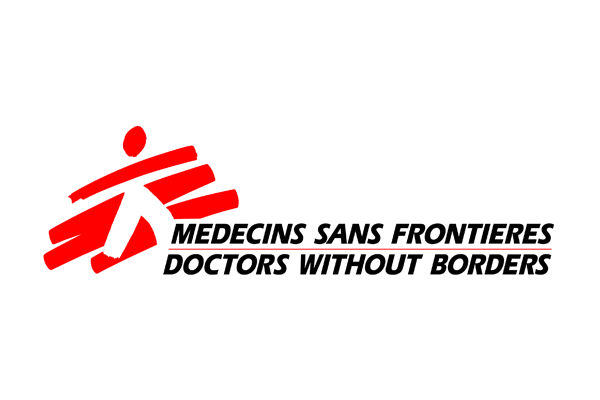Médecins Sans Frontières (MSF), an international charity, says it has treated 52,725 children with severe malnutrition, a life-threatening condition, across the whole of northern Nigeria over the first eight months of this year.
MSF’s International President, Dr Christos Christou, made the disclosure at the weekend in Abuja while briefing newsmen about his visit to Nigeria.
He said for the past few years, MSF has seen a significant increase in the number of admissions for malnutrition.
He said the numbers in 2022 and 2023 were already critically high, adding that between January and August this year, MSF has seen a 51 per cent increase in admissions of children with severe malnutrition, compared to the same period last year.
He said, “On top of this, outbreaks of vaccine-preventable diseases, such as measles are recurrent in Nigeria, and one of the leading causes of death amongst children. Between January – August this year alone, we had already treated over 12,500 cases of measles. That’s nearly double the same period last year.
“Outbreaks of infectious diseases significantly increase mortality risks for children under the age of five. Unvaccinated children in this age group are particularly vulnerable to vaccine-preventable diseases; diseases which elevate the risk of acute malnutrition.”
He said during his visit to Nigeria, he saw why the massive flooding in Maiduguri had gained some attention worldwide, stressing that the shocking scale had affected millions of people.
While saying that Maiduguri is not the only place in Nigeria affected by flooding, he said people in northern Nigeria have been through a lot.
He said this includes overwhelming levels of malnutrition, frequent outbreaks of vaccine-preventable diseases, lack of medical facilities and medical personnel. “All of this has been compounded by continuous insecurity,” he added.
“People now have to seek temporary shelter in displacement camps once again, rebuild their homes once again, and try to figure out what’s left of their farmlands. Because this flooding happened at the end of the lean season, it has deprived farmers of even the illusory hope to harvest,” he stated.
Christou said during his visit to Maiduguri, he went to the hospitals and clinics where MSF worked.
He said the organisation supports the local healthcare system in tackling malaria and other diseases, as well as in providing access to maternity services.
He further said MSF recently, had to launch a cholera treatment centre, after an outbreak was officially declared.
He said, “All this has happened in the background of a catastrophic malnutrition crisis. One of my colleagues, a Nigerian doctor who has been working with MSF for more than eight years, told me that this year is very different.
“Every year, he said, during this season, we see terrible numbers of malnourished children coming to the hospital in severe condition. But this year, at a time when the peak is supposed to be over, the number of patients admitted to the hospital is not going down. Worse, the condition in which they arrive is even more severe than usual.
“Very often people don’t have access even to basic medical care where they live, and do not have enough money or available transport. As a result, they reach to us too late.”
The MSF international president said the humanitarian community needs to act and to provide necessary support now. “This is not the time to relent, this is not the time to stop. We have to help the people who need assistance now,” he added.

 Join Daily Trust WhatsApp Community For Quick Access To News and Happenings Around You.
Join Daily Trust WhatsApp Community For Quick Access To News and Happenings Around You.


